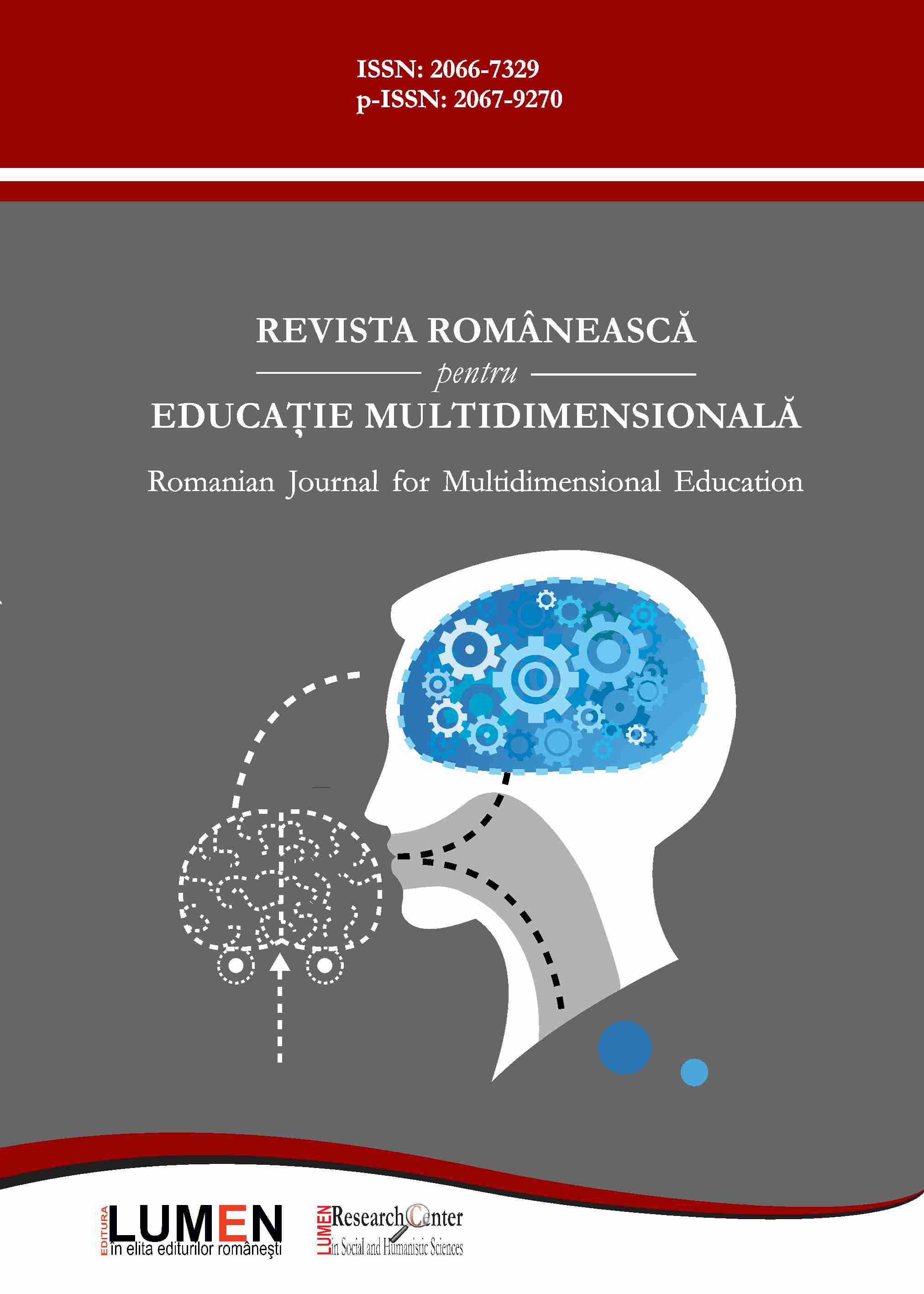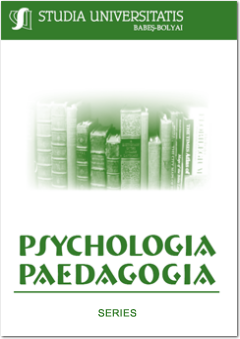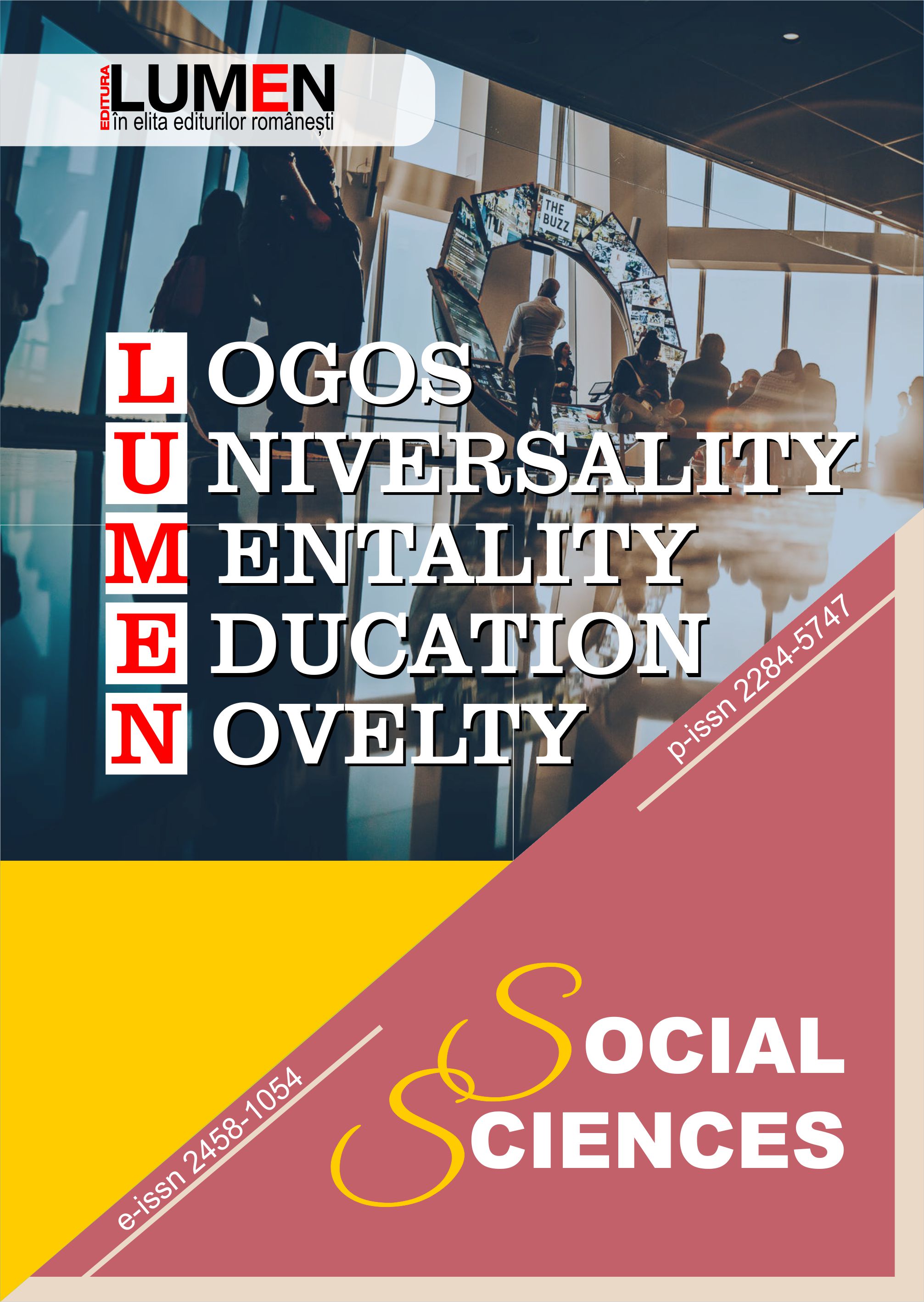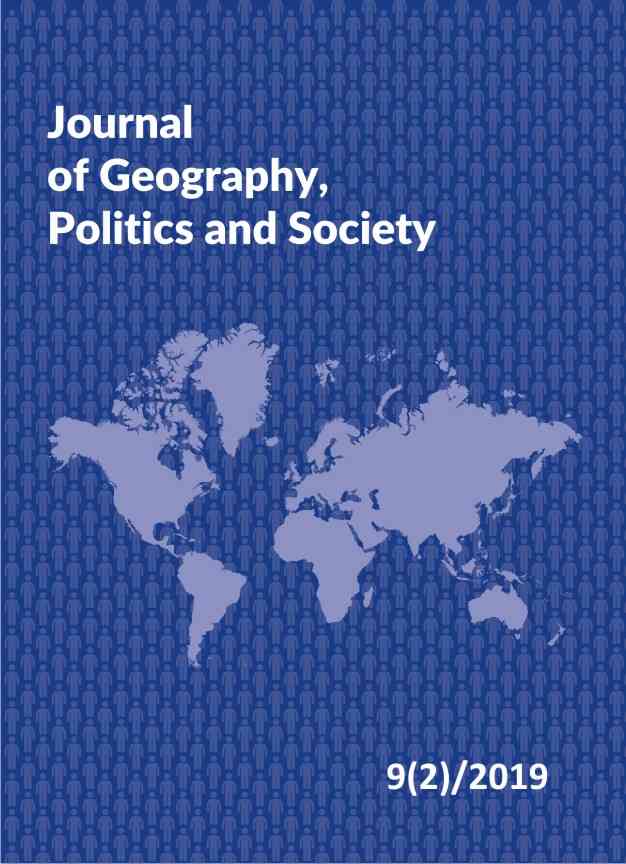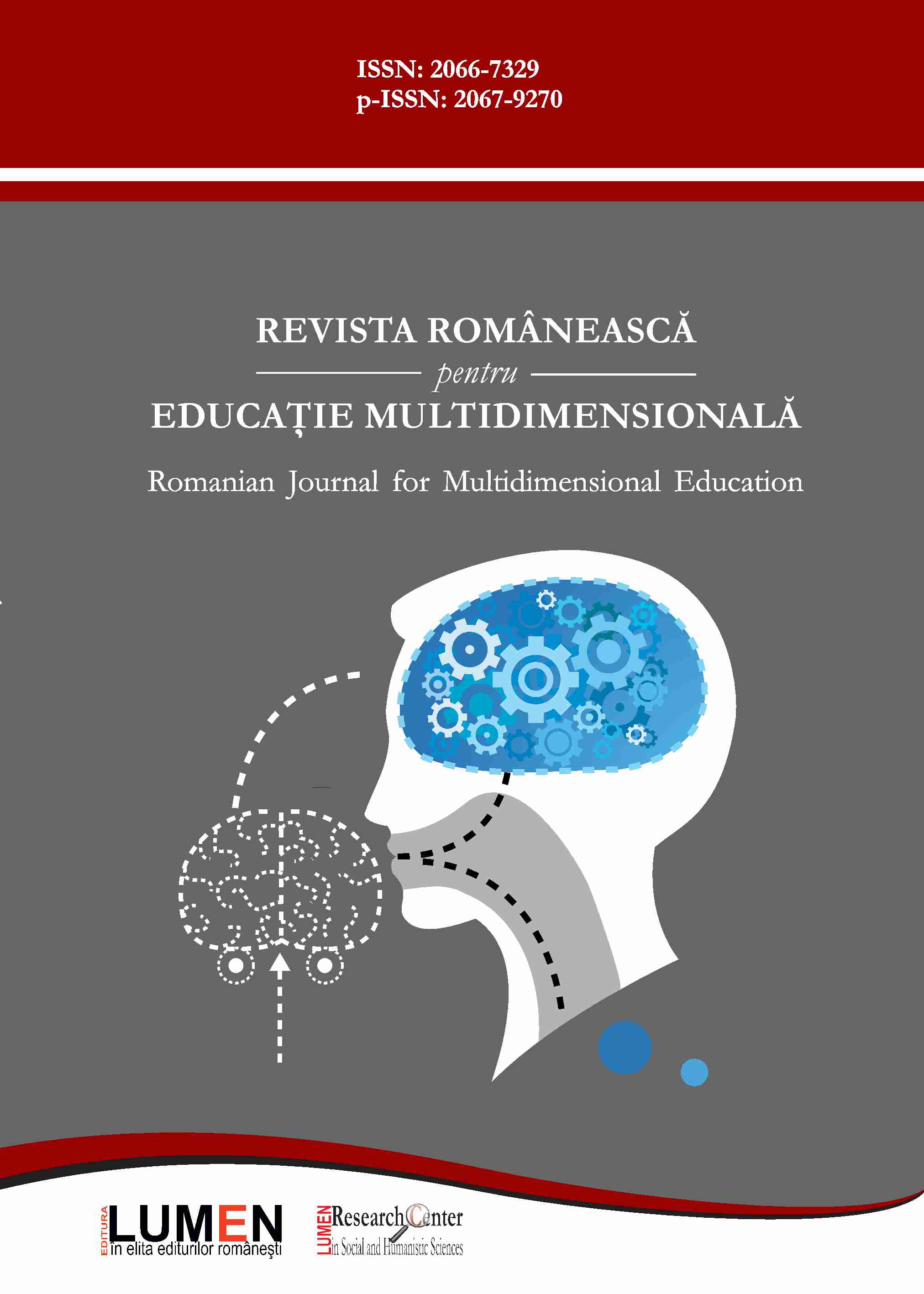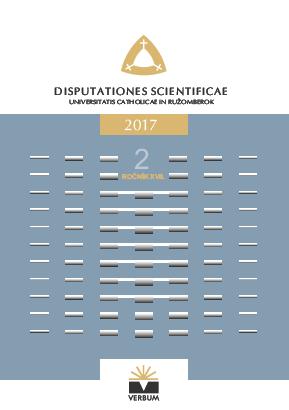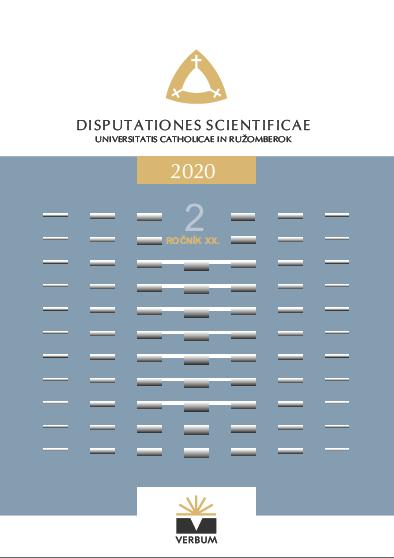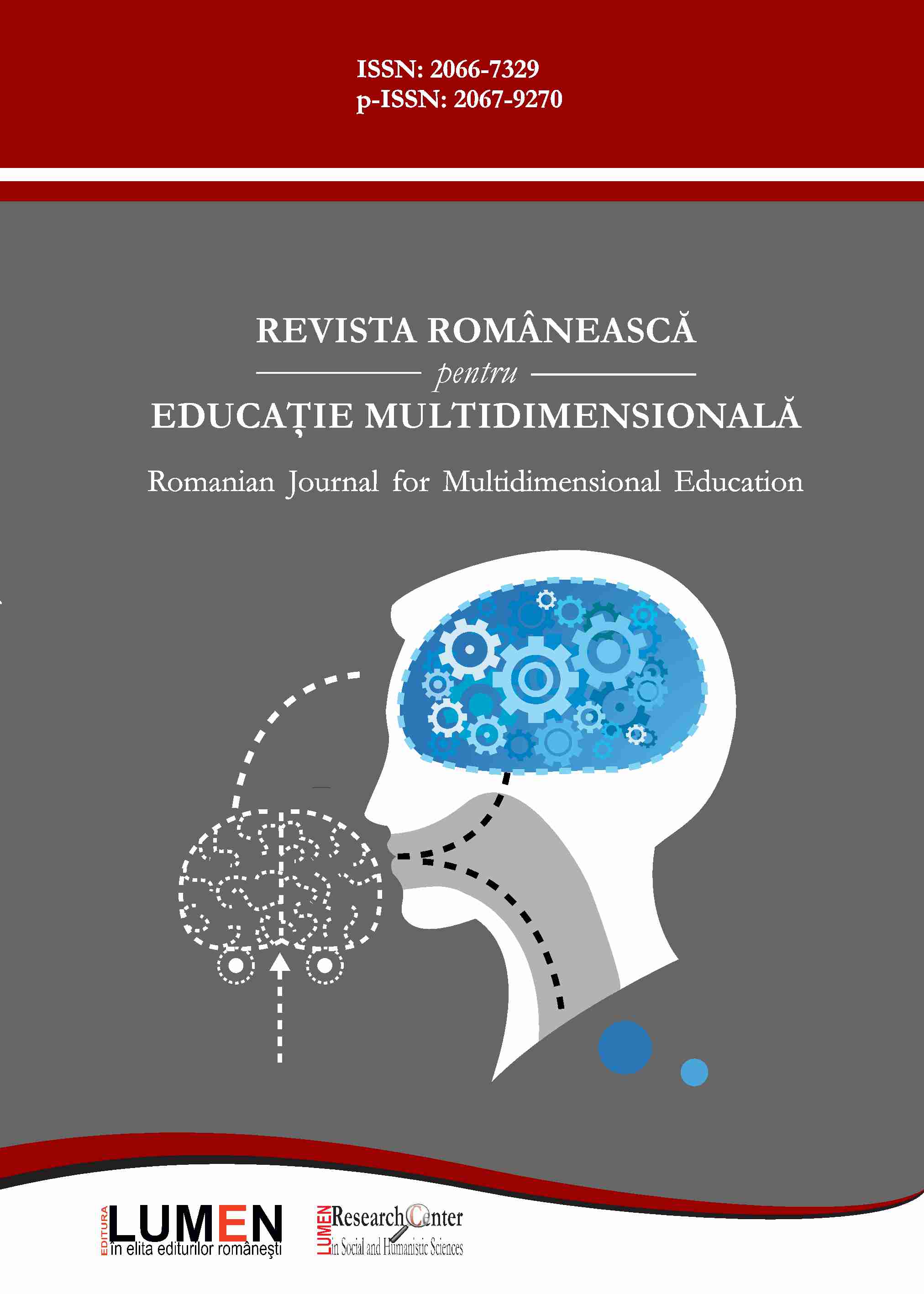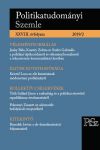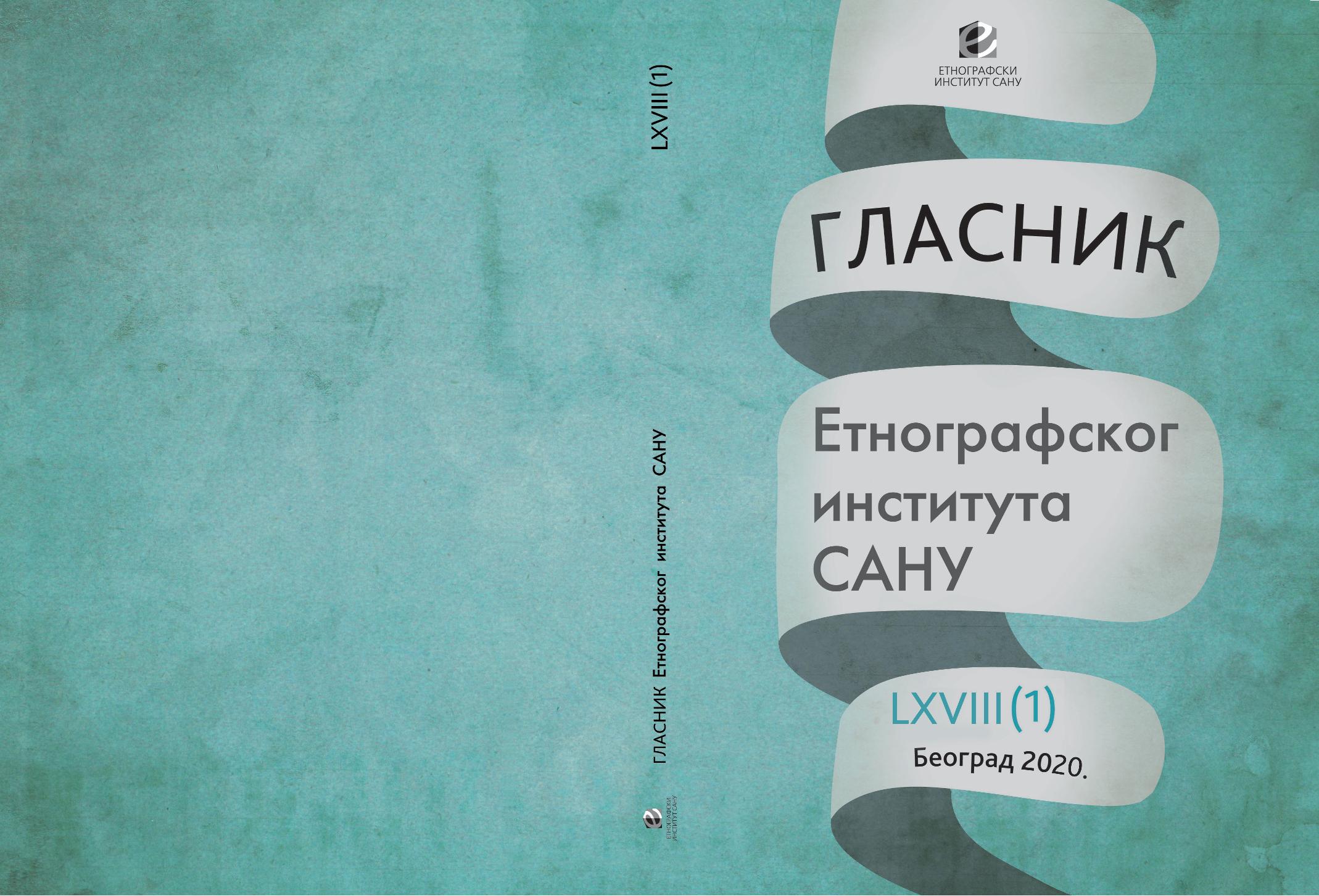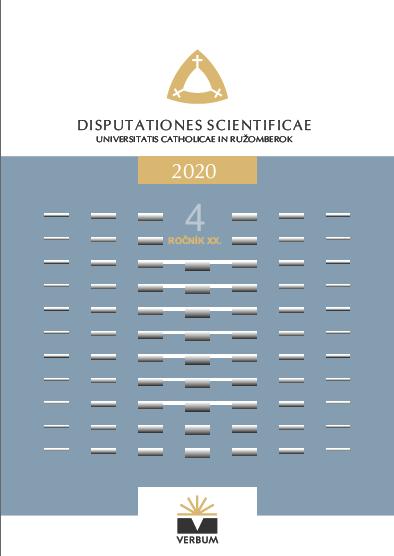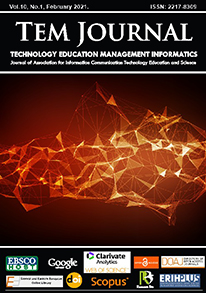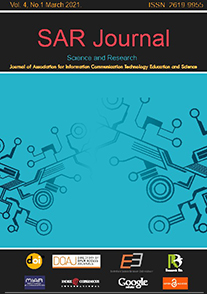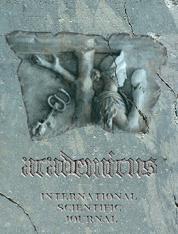
Communication and Ethical Behavior in the Public Service
Setting up public administration which operates effectively and taking over responsibilities, both crucial on the point of view of the democracy indicators, requires great effort from all social stake holders in setting up and maintaining a public service organization. This notion implies the setting in function of the instruments and procedures that prevent undesirable behavior and provide encouragement of good behavior among operators of those services. While doing this, communication as a main component of the public service, calls for structure and control. Ethics or standards of behavior in the public sector are important political and public issues for every country, which is always held as a fundamental prerequisite for “good behavior” (good governance). The Code of ethics by which are expressed the values and standards in the civil service is one of the ethical elements of infrastructure. It enhances the function of orientation (giving instructions for action and behavior), and aims: respect for the law, respect for individuals, personal and professional integrity and efficiency in managing public resources, reinforcing the role and importance that the communication strategies and tools have. Professional association helps to develop judgment and of the necessary skills to enable white collar workers to apply communication strategy and tools and ethical principles in real circumstances. Objective progress can help create an environment where the white collar workers are willing to face and resolve communication problems and ethical disputes, they can even develop essential skills for effective communication and ethical analysis. The mechanisms of awareness about mission and processes of the public service, orientation and internal consulting in the civil service should be available to help white collar workers to apply basic communication and ethical standards in the workplace. Improvements in the legal framework is necessary for the proper functioning of public service, namely: to gain and maintain public confidence.
More...
